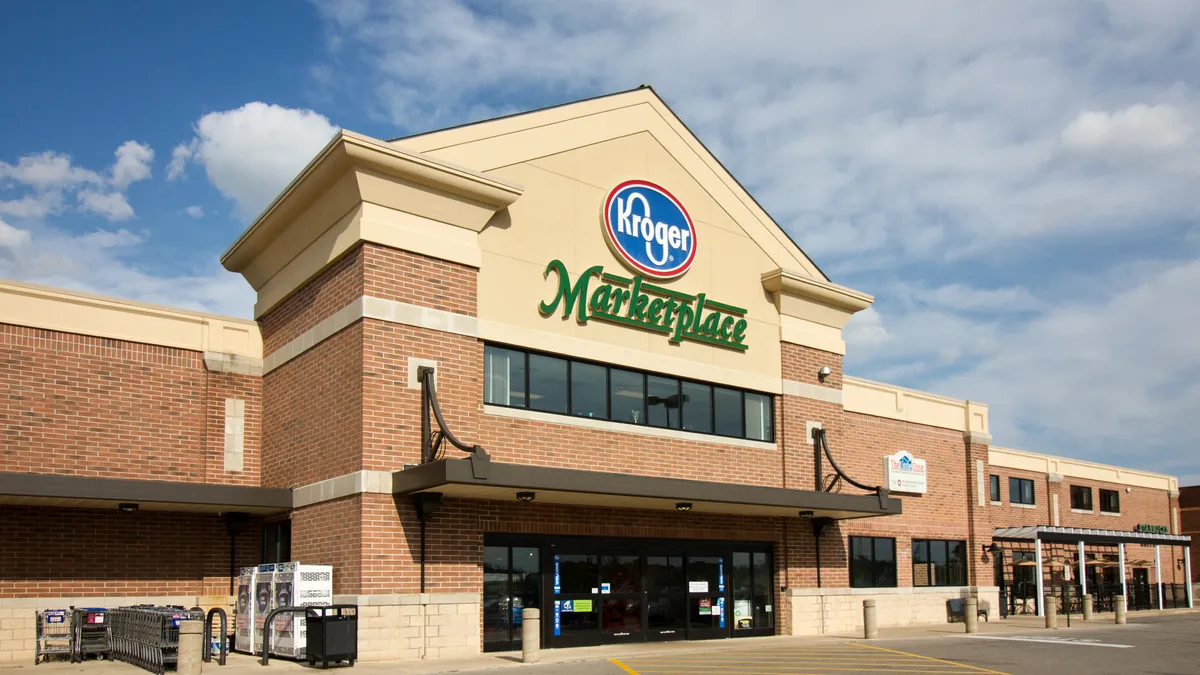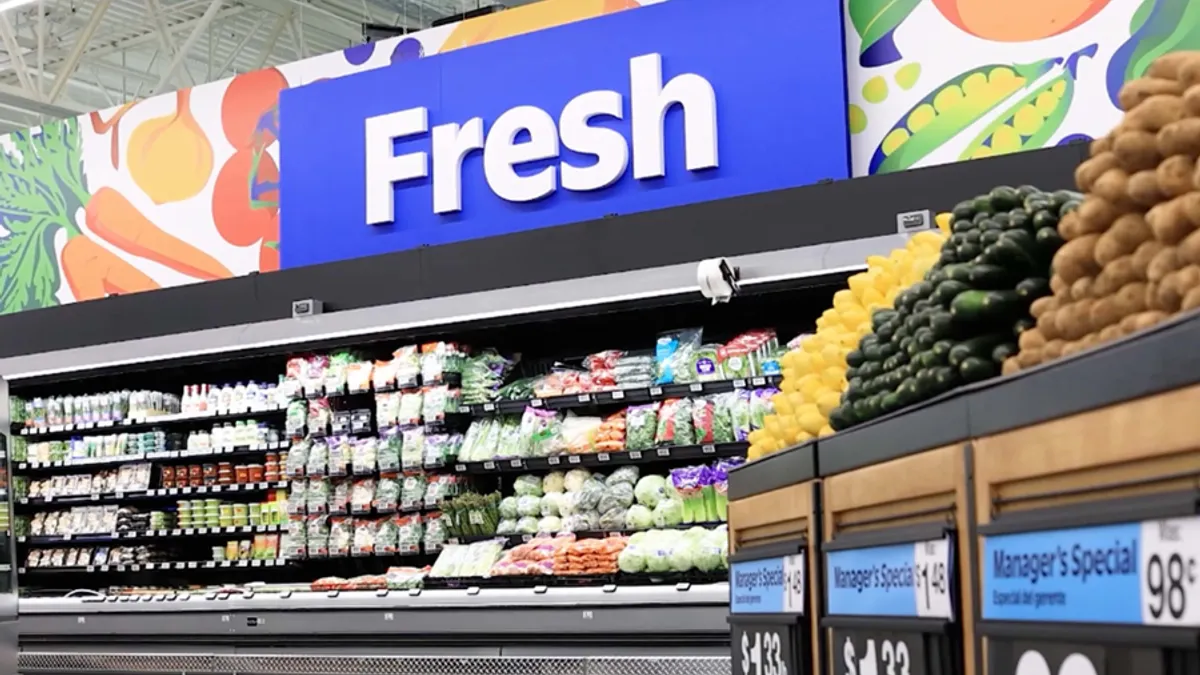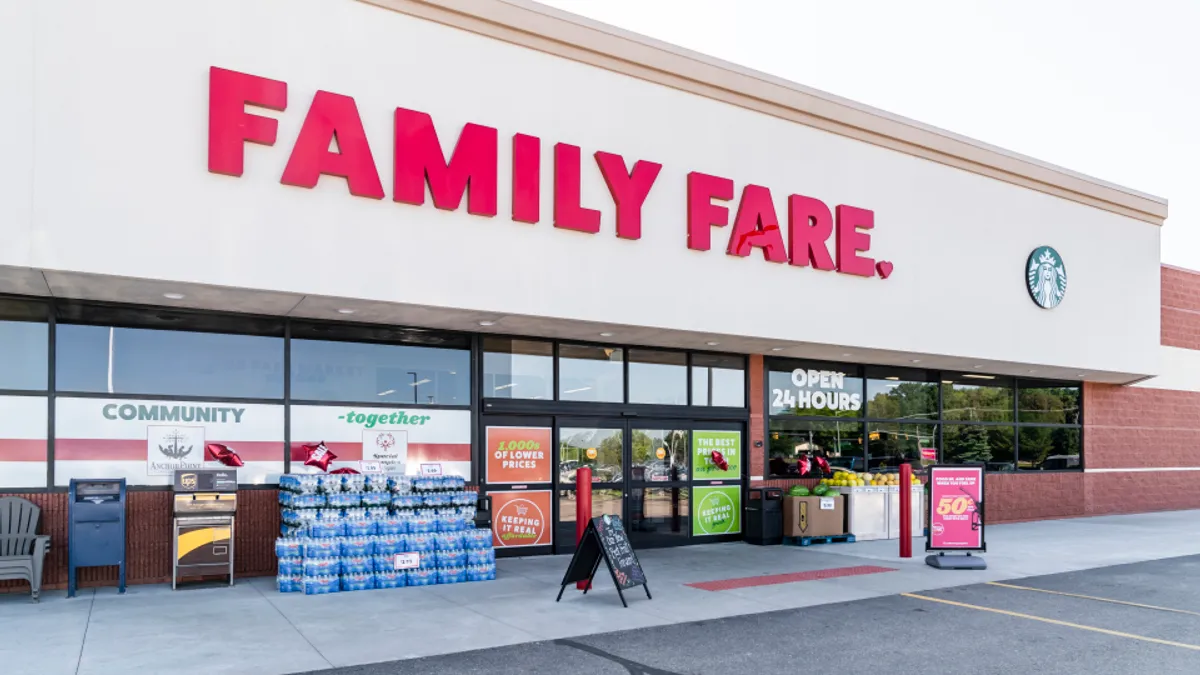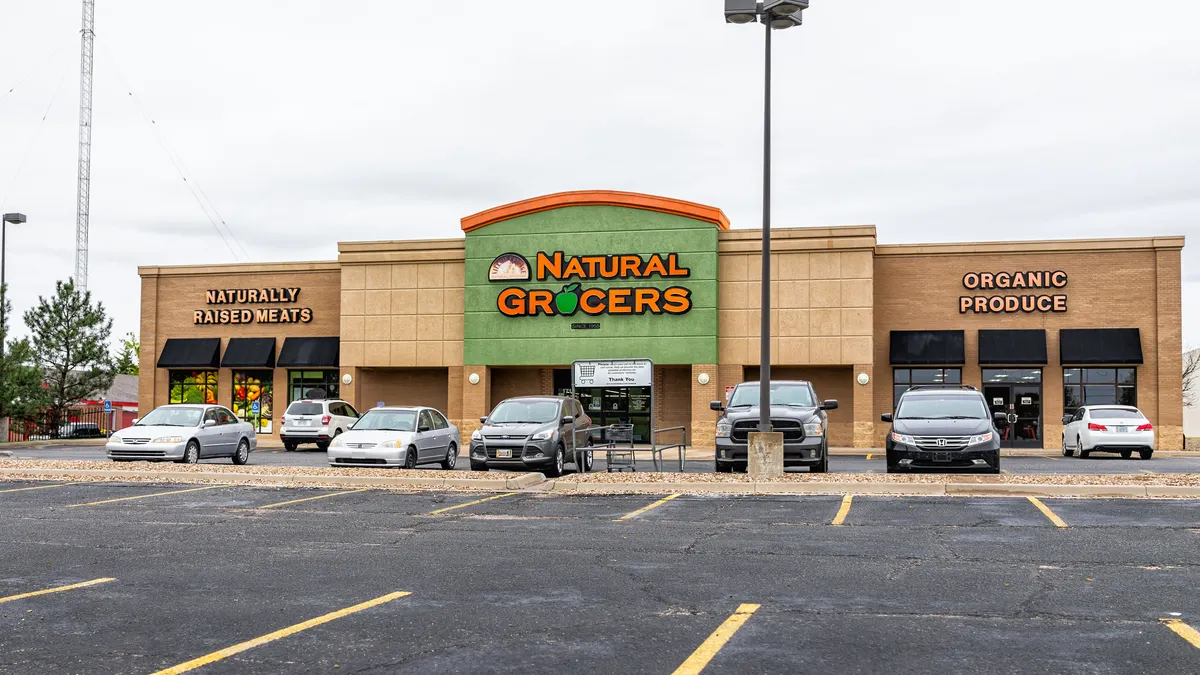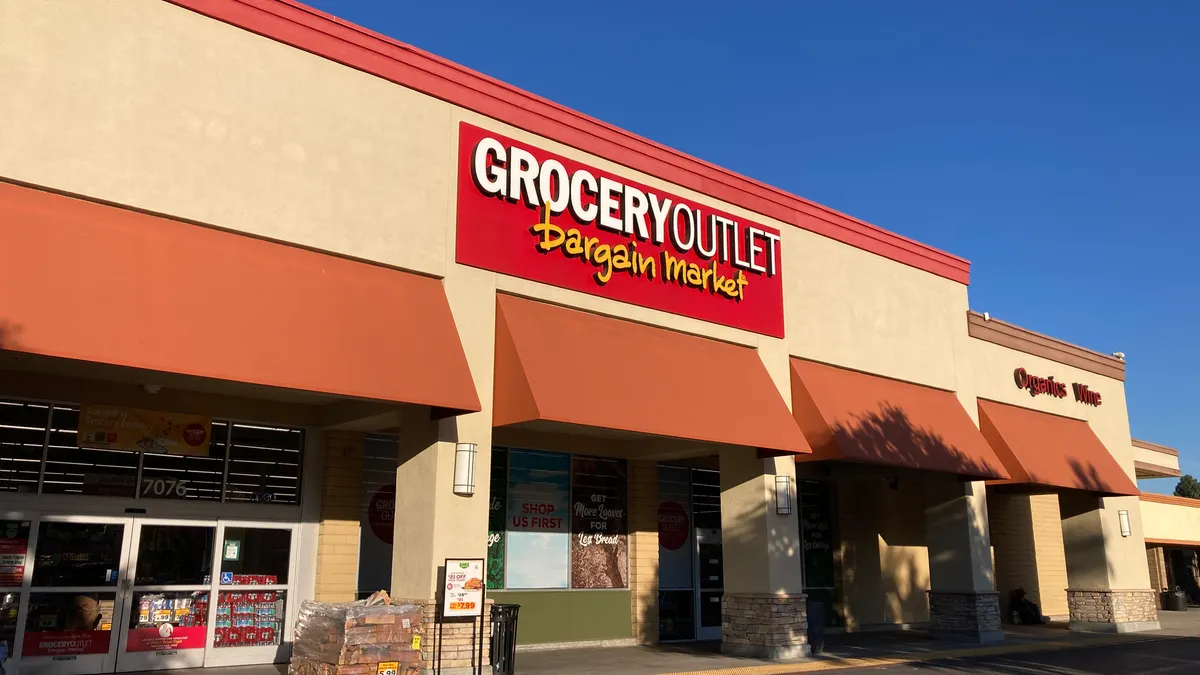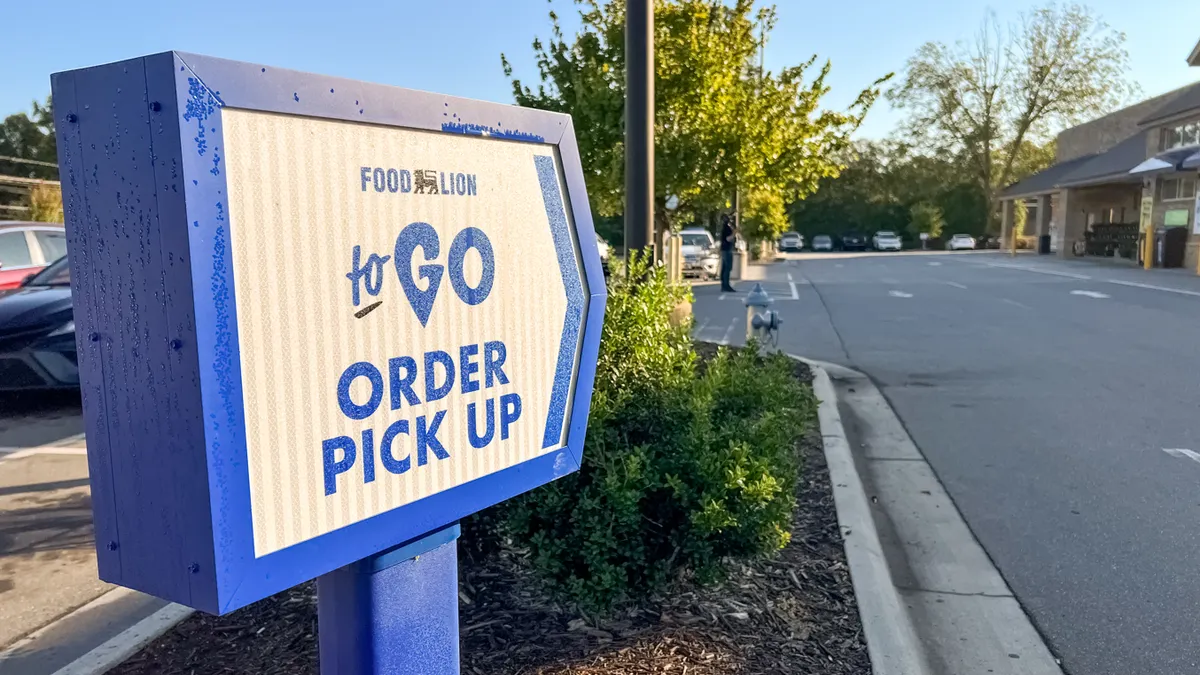Nearly two years after announcing their blockbuster plan to merge, Kroger and Albertsons are set to square off in an Oregon courtroom with federal regulators bent on preventing the supermarket companies from combining.
The journey to the courtroom has been fraught with legal delays as well as opposition from unions, lawmakers and government officials as Kroger and Albertsons have sought for well over a year to win favor in the court of public opinion.
The judge overseeing the proceeding in the U.S. District Court for the District of Oregon in Portland that begins Monday will determine whether to grant the Federal Trade Commission’s request to block the high-profile transaction on the grounds that it would be anticompetitive and harmful to workers.
If the judge issues a preliminary injunction to stop the merger, that would pose a major — and potentially insurmountable — setback to Kroger and Albertsons, which have spent months publicly making the case that their deal would enable the grocers to better serve consumers and compete more effectively with rivals like Walmart.
Kroger and Albertsons have worked on multiple fronts to try to bring their merger to fruition, including by hammering out a deal to divest nearly 600 stores and other assets to C&S Wholesale Grocers in a bid to reduce concern that the merger would reduce options for consumers.
Kroger has also promised to devote $1 billion to lowering prices if the merger goes through. The company is making the case that it is on consumers’ side against a backdrop of persistent concerns among shoppers that grocery prices remain too high even though inflation has come down significantly.
As it works to overcome opposition to its bid to merge with Albertsons, Kroger also publicly disclosed the potential financial implications for its business of the proposed combination. If the companies had already been allowed to combine by that point, they would have together generated about $208 billion in sales for the year that ended Feb. 3, Kroger said in an Aug. 15 securities filing. The stores and other assets tagged to go to C&S, meanwhile, would have generated sales of around $21 billion, according to Kroger.
Kroger reported sales of about $150 billion during its latest 12-month period, while Albertsons brought in about $79 billion over that time.
Beyond pitting the grocery chains against the FTC, the case unfolding in Oregon has also generated competing announcements from attorneys general in multiple states about the viability of the merger proposal. Top legal officials from eight states and Washington, D.C., are aligned with the FTC’s claim that the merger would inflict heavy damage on the grocery industry while hurting shoppers and reducing options for workers.
But last week, four attorneys general — including the chief legal official for Ohio, where Kroger is headquartered — came out in favor of the merger, claiming in an amicus brief with the Oregon court that the regulators’ case reflects a “simplistic vision of the retail grocery market, and blocking the acquisition would weaken, not protect, competition among firms vying for consumer grocery purchases.”
Kroger has also sought to seize momentum ahead of the hearing in Oregon by casting doubt about the FTC’s practice of using administrative law judges to help adjudicate merger cases. An administrative law judge would be involved in a proceeding that could take place if the court imposes a preliminary injunction.
In a case filed earlier in August in the U.S. District Court for the Southern District of Ohio, Kroger said the FTC’s processes run afoul of the Constitution because the judiciary, not the executive branch, is tasked with passing judgment on its private rights to enter a contract with another private party. Kroger also claimed the agency’s decision to use an in-house tribunal to pick apart the merger plan in addition to fighting the transaction in court is unconstitutional.
Regulators have “sought to split its challenge to the merger into two separate tribunals in an inappropriate attempt to receive multiple opportunities to litigate the same issues,” Kroger said in a statement.
Kroger and Albertsons are also facing state-level cases in Washington and Colorado. Last month, a judge in Denver granted a request by Colorado Attorney General Phil Weiser for an order to temporarily block the merger, and Kroger and Albertsons agreed not to close their deal until after the judge permanently rules on Weiser’s request in a trial set to begin at the end of September.
Jeffery Cross, an attorney who is of counsel to the law firm of Smith, Gambrell & Russell, said the squabbling over whether the merger should be allowed — as well as efforts by the grocers to build support for the transaction outside of traditionally private channels like private negotiation with regulators — represent a new direction in the way antitrust cases play out.
“All of a sudden it’s become sort of the standard practice of merging parties to try to win a battle in the public arena,” Cross said.
Correction: A previous version of this story misstated the role FTC administrative law judges play. An administrative law judge would be involved in a proceeding that could take place if the court imposes a preliminary injunction.



